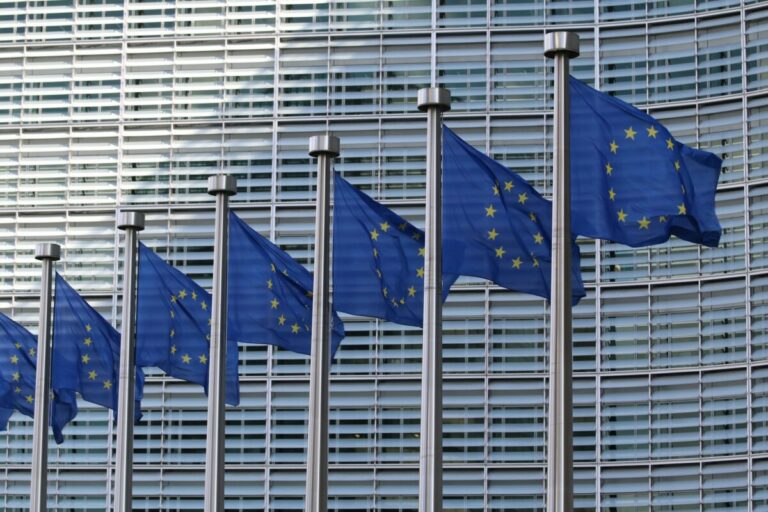The European Hydrogen Bank’s pilot auction will raise €720 million for seven sustainable hydrogen projects in Finland, Norway, Portugal and Spain. Together they plan to produce 1.58 million tons of renewable hydrogen over ten years.
The European Commission has allocated almost €720 million to seven sustainable hydrogen projects in Europe. The projects, selected through the first competitive bidding process under the European Hydrogen Bank, will produce renewable hydrogen for use in sectors such as steel, chemicals, maritime transport and fertilizers.
The seven chosen projects cover Finland, Norway, Portugal and Spain from a list of 132 bids. Together they plan to produce 1.58 million tons of renewable hydrogen in ten years.
They submitted bids between €0.37/kg and €0.48/kg of renewable hydrogen produced – well below the ceiling price of €4.50/kg set at the auction – while also meeting the other qualification requirements, and will now receive grants ranging between €8 million and €245 million.
The largest awarded project in terms of volume is in Sines, Portugal. A consortium consisting of Madoqua Renewables, Power2X and Copenhagen Infrastructure Partners plans to produce renewable hydrogen within ten years. The second largest is in the northeastern Spanish province of Teruel, where Renato Ptx Holdco is targeting 480,000 tons of hydrogen.
“Today’s high number of bids and investments awarded are a clear signal of confidence in the emerging renewable hydrogen market,” said Maroš Šefčovič, Executive Vice President for the European Green Deal, Interinstitutional Relations and Foresight. “There is a strong project pipeline in Europe and a competitive industry. These are encouraging signs for the future of this important net-zero technology.
The seven selected projects will now start preparing individual grant agreements with the European Executive Agency for Climate, Infrastructure and Environment, which are expected to be signed by November 2024. The projects must start producing renewable hydrogen within five years of signing the subsidy agreement. They receive the awarded fixed premium subsidy for a maximum of 10 years for certified and verified renewable hydrogen production.
The commission said it will launch a second auction of the European Hydrogen Bank by the end of this year. The company said it will build on lessons learned from the pilot auction and further consult stakeholders ahead of the launch.
Meanwhile, the German government is making €350 million in national funding available for projects that were not eligible for EU-level support at this auction, but met the eligibility criteria.
Funding will be provided through the new ‘auctions-as-a-service’ mechanism, which will allow Member States to use an EU-level auction platform and allocate national funding to additional projects.
“I encourage other Member States to follow Germany’s example and use ‘auctions-as-a-service’ to support renewable hydrogen production at national level using our European auction platform,” said Wopke Hoekstra, Commissioner for Climate Action.
This content is copyrighted and may not be reused. If you would like to collaborate with us and reuse some of our content, please contact: editors@pv-magazine.com.


